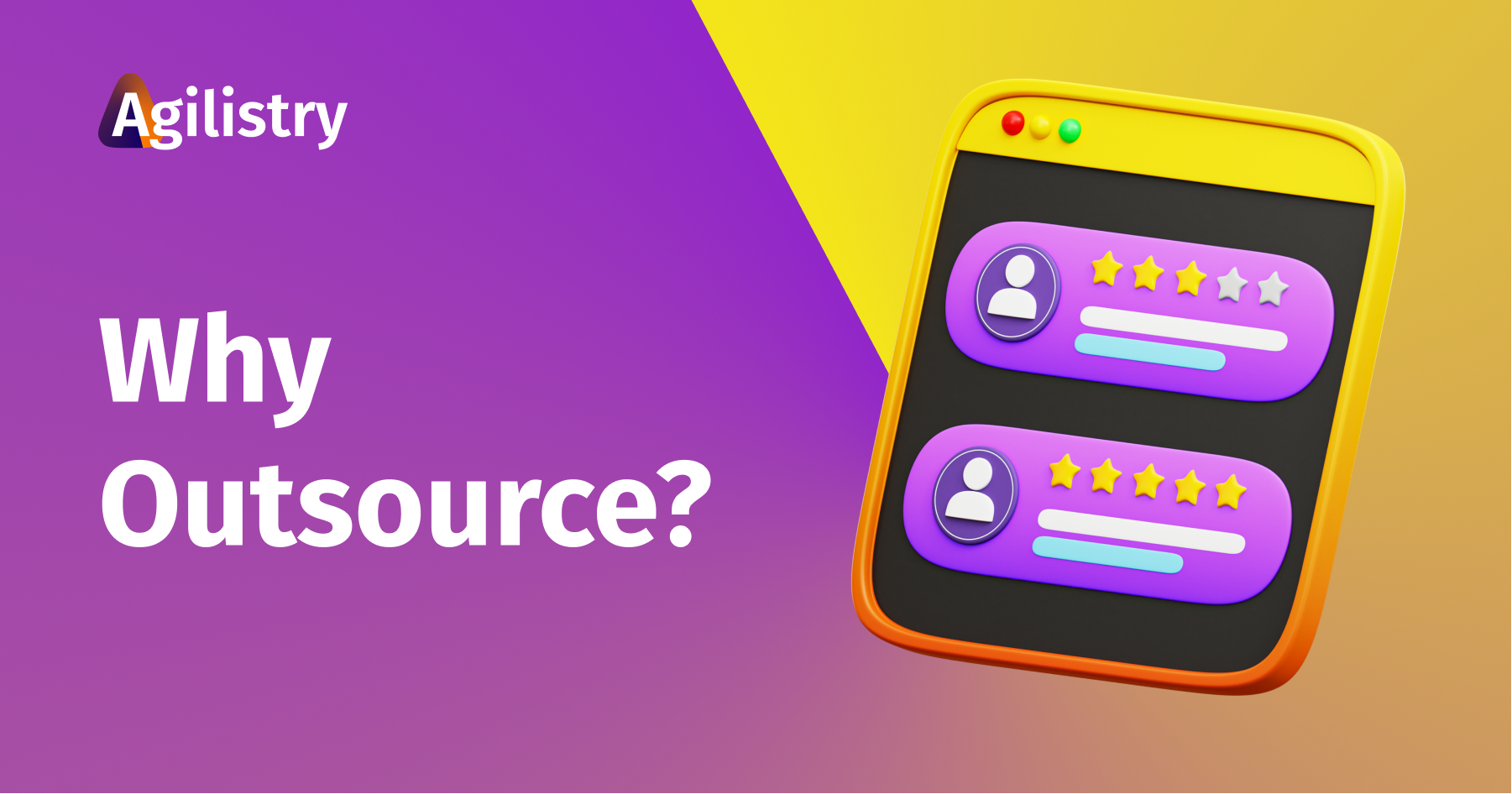Why is native development better than cross-platform?
Introduction
Native mobile apps have been a long time trend in the world of development with the goal of improving users’ experiences. Native development is considered superior to cross-platform and hybrid app development because it allows developers to leverage each platform’s unique features and capabilities, creating user experiences that are truly custom for each operating system.
On the other hand, Cross-platform mobile development is a method of developing apps that are compatible with multiple platforms, such as iOS, Android, and Windows. This allows for a cheaper development process, as you only need to write the code once and can deploy it on multiple platforms. Cross-platform development also allows for a more consistent user experience across different devices.
Unlike Native Apps, cross-platforms are known to have decreased performance and difficulty integrating with platform-specific features. Additionally, cross-platform development can be more time consuming and complex than native development, as it requires developers to be familiar with multiple platforms and languages.
Ultimately, the decision of whether to use cross-platform development or native development depends on the project and the needs of the user.
So let’s take a look at some of the biggest distinctions between these two:
High Speed
Since native mobile applications do not need to rely on complex code like hybrid or cross-platform apps, they can process data and function more quickly. The majority of an app’s elements are displayed rapidly because they preload well in advance. Due to their high development speed and cost-effective nature, native applications are preferred by startups.
Offline Functionality
One of the primary advantages of native apps is the fact that they can operate without internet connectivity, ensuring more convenience for users who are in an offline environment. This is essential for app users living in low-internet connectivity areas or remote locations.
Design Capabilities
Native apps improve user experience for emerging entrepreneurs because they adhere to the operating system’s guidelines, ensuring a perfect alignment with the operating system in all terms. Moreover, as native apps stick to the guidelines, they enable users to interact with the applications using gestures and actions with which they are already familiar.
Less Bugs
Developing for multiple platforms with cross-platform tools is more challenging than developing for a single platform. Native apps have one codebase and do not rely on cross-platform tools, so they come up with minimal occurrence of bugs.
Advantages of Native Development Over Cross-Platform
Native development is better than cross-platform in the following scenarios:.
- Native apps are faster because they don’t have to load a heavy browser engine, which means they can start up more quickly and maintain their responsiveness throughout use. It also means that native apps can do things like access your camera without needing to send you through an intermediary server, which makes them feel more responsive and stable when using features like that.
- Native apps are more flexible because you don’t need to worry about users having different versions of your app installed on their devices or if they don’t have the right browser plugins installed (or any at all). You get full control over how your app looks and feels on every platform, so you can tailor it exactly as needed for each audience without having compatibility issues crop up later down the line. That being said…
- Cross-platform tools make it easy for developers who aren’t familiar with native languages, but ultimately some aspects require more effort than others would in order to get working properly; this means less time spent writing code in those languages while still achieving similar results (which could save money).:
Conclusion
Native apps and hybrid apps provide different sets of advantages and disadvantages. Business requirements and expectations for a mobile app can help you decide which is better for you. Native apps tend to be more intuitive and interactive, have a minimized scope for bugs, offer utmost performance, and enhanced security. Hybrid apps offer rapid time to market with a lowered cost, ease of development, and offline support.
We here at Agilistry believe in the power of native development, and we want our clients to be happy with the app they get as well. If you want to know more about what we can do for your business, don’t hesitate to reach out!


